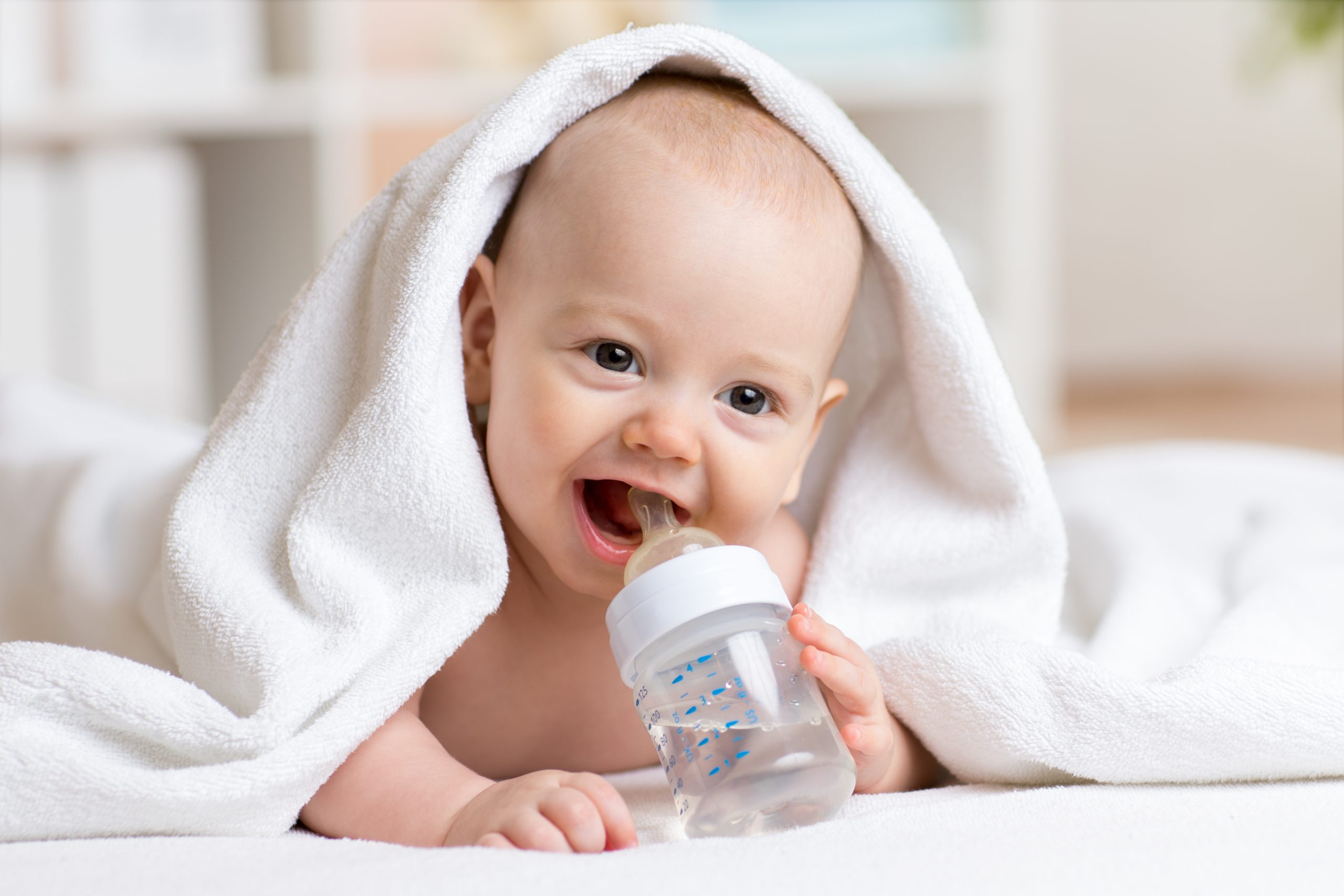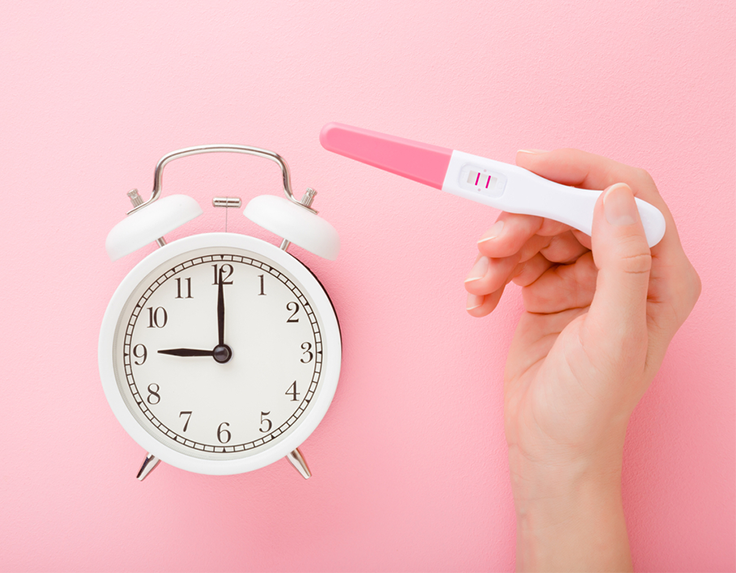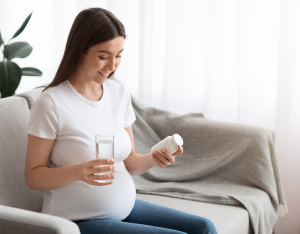While pregnancy is a beautiful transformation into the journey of motherhood still it can be extremely overwhelming for expectant mothers. With multiple diets, exercises and medicines available for pregnant women, it can get extremely confusing— especially when it comes to the health of their unborn baby. However, it doesn’t have to be confusing when it comes to choosing the right vitamins and supplements.
To begin with, your baby gets all the necessary nutrients from you during pregnancy. So you may need more essential nutrients to fuel your body than you did before pregnancy.
Why take supplements during pregnancy?
Macronutrient intake needs to increase significantly during pregnancy. Macronutrients comprise carbohydrates, proteins, and fats. Vitamins, minerals, and trace elements are also more important than macronutrients.
It can be a challenge for many, as only a few can succeed a well-planned, nutrient-dense diet.
This calls for a need to take vitamin & mineral supplements during pregnancy for various reasons, including:
Nutrient deficiencies: Some people may require additional supplements if the blood tests indicate a deficiency in specific vitamins or minerals. Correcting deficiencies is crucial, as a shortage of nutrients like folate has been linked to various birth defects.
Hyperemesis gravidarum: Characterised by severe nausea & vomiting, this pregnancy complication can lead to drastic weight loss & nutrient deficiencies.
Dietary restrictions: Some people follow specific diets which restricts their intake of necessary nutrients. Moreover, people with food intolerances & allergies may need timely vitamin & mineral supplements to prevent micronutrient deficiencies.
Multiple pregnancies: Women bearing more than one child have higher micronutrient needs as compared to the women carrying one child. In this case, supplementation often becomes necessary to ensure optimal nutrition for both the mother & her child.
Genetic mutations like MTHFR: Methylenetetrahydrofolate reductase (MTHFR) is a gene that converts folate into a form that the body can use. Pregnant women experiencing this gene mutation may need to supplement their bodies with a specific form of folate to avoid complications.
Poor nutrition: Women who eat insufficient amounts of food or choose foods that are low in nutrients may need additional vitamin & mineral supplements to avoid deficiencies.
Based on your personal circumstances, you must be prepared to take on the task of adding supplements to your daily routine if & when advised by your healthcare provider.
Are supplements considered safe during pregnancy?
Just like medications, your doctor should approve & supervise all micronutr
ient & herbal supplements to ensure that they’re necessary & taken in safe amounts.
Prenatal vitamins
These multivitamins are designed to meet the increased demand for micronutrients during pregnancy. They are advised to be taken before conception, during pregnancy & breastfeeding.
These multivitamins may help prevent gaps by providing extra micronutrients. As prenatal vitamins contain all the essential nutrients, taking additional supplements may not be necessary.
Folate
This B vitamin is crucial for DNA synthesis, red blood cell production, and foetal development. Folate supplementation becomes necessary for women who don’t consume enough folate rich-foods.
Iron
Iron is crucial for oxygen transport & healthy development of your baby & the placenta. The need for iron increases significantly during pregnancy, as maternal blood volume increases by 45 per cent.
Vitamin D
Vitamin D is crucial for immune function, bone health & cell division. This deficiency during pregnancy has links to an increased risk of caesarean section, preeclampsia, preterm birth, and gestational diabetes.
Magnesium
Magnesium plays a vital role in immune, muscle, & nerve functions. Magnesium deficiency during pregnancy may increase the risk of chronic hypertension & premature labour. Supplementing with magnesium may reduce the risk of pregnancy complications like preterm birth.
Choline
Choline is instrumental in the early development of your child’s brain & helps prevent abnormalities of the brain and spine.
Supplements to avoid during pregnancy
While supplementing with some micronutrients and herbs is safe for pregnant women, many of these supplements should be avoided altogether. They include;
● Vitamin A
● Vitamin E
● Black cohosh
● Goldenseal
● Dong Quai
● Yohimbe
FAQs
What is the most important supplement during pregnancy?
All nutrients are important, but there are six crucial ones that play a key role in your baby’s growth and development during pregnancy, namely folic acid, iron, calcium, vitamin D, DHA, & iodine.
Which supplement is best for early pregnancy?
In order to grow and develop properly, the cells in your body require folic acid. Folic acid is beneficial before and during early pregnancy in preventing brain and spine defects known as neural tube defects (NTDs).
When should I start taking pregnancy supplements?
You should start consuming pregnancy supplements as soon as possible, as major development happens in the first trimester. The spinal cord & brain are developing, so pregnancy supplements help with that.
In addition to the myths & inaccuracies that revolve around this subject matter, critical information on which supplements are safe & which aren’t varies depending on the pregnancy stage. This can make things feel even more complicated. But don’t panic. We’ve got you covered! The article discusses which supplements are considered safe during pregnancy & which should be avoided.
Additionally, it’s recommended that all pregnant women must take a prenatal vitamin & folic acid supplement. It’s solely advised to fill nutritional gaps & prevent developmental abnormalities at birth like ventricular septal defect, spina bifida, congenital heart disease, etc.
Ensure that you purchase supplements from a reputable brand that has their product evaluated by third party organisations like the Central Drugs Standard Control Organisation (CDSCO).
This certifies that the vitamins adhere to specific standards set by the Ministry of Health & Family Welfare & are generally safe to consume.
If you aren’t iron deficient, you should avoid taking more than the recommended intake of iron as it may have adverse side effects.
If you’ve done your research in this domain/sphere, you would already be aware of the fact that high mercury seafood, alcohol, & cigarettes are off-limits during pregnancy. What’s even more surprising is that some vitamins, minerals, & herbal supplements should be kept at arm’s length.








































